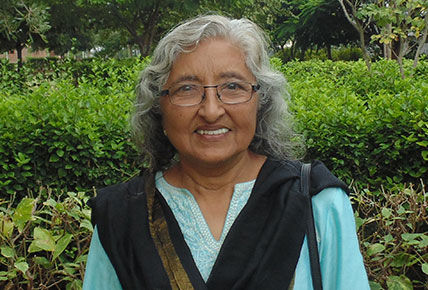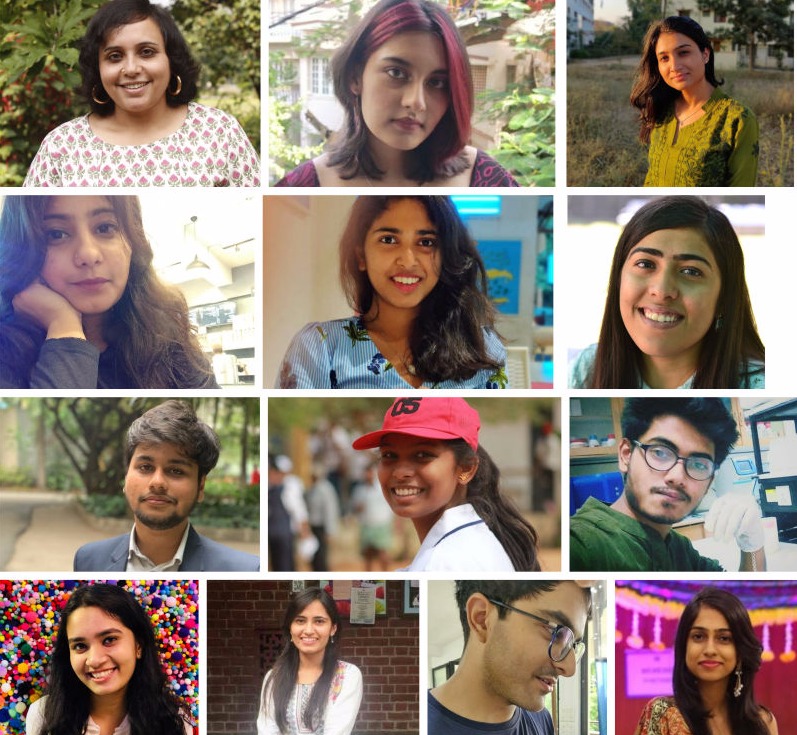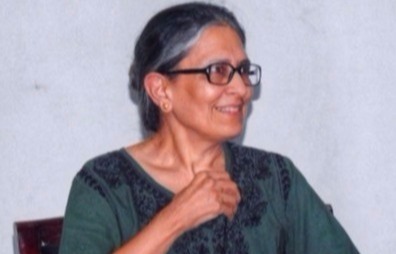Another report showed that the cancer cells of blue mussels in France are more closely related to bay mussels from the Canadian coast than to their respective host. This observation sends a chill down my spine. Could human cancer be contagious?
We now know that 100% of HCL (hairy-cell leukemia), 30% of melanoma and a good percentage of lung tumors from different individuals share a single mutation (V600E) in the BRAF gene that is not found in the respective normal host DNA. This would mean that there is a converging evolution in these cancer types to select this pro-cancer mutation among large percentage of individuals. Since such a convergence can be considered statistically very rare to improbable, it is believed that clones with BRAF mutations may be present among our normal cell in very small numbers and get selected for growth during tumorigenesis. While this clonal selection during cancer progression may be a possibility, the origin of these clonal cells remains a mystery to me, especially in the light of use-it or lose-it selection process.
It is concluded that cancer arose in a dog thousands of years ago. In Tasmanian devil it may have been few decades ago. Also, we know that human cancer tissues can be injected into mouse tissues to cause cancer, in what is known as the xenograft model. In these models we know that the cancer cells are from human because mouse and human genomes and proteomes have diverged significantly. This kind of experiment is not only viable in human but may not be able to convincingly tell if the tumor DNA is not the host DNA unless the source of the individual of these tumor cells is known.
Single cell sequencing may provide a clearer picture of which human cancers have been transmitted by contact versus which are developing independently in individuals based on active somatic mutations. In the case of tumor cells with BRAF V600E mutation, mutation-specific antibodies can be used to identify cancer cell with BRAF mutation. Sequencing these cells from different individuals may be one way to shed light on the transmissibility of cancer, if any, in human.
I may be way out there in my thinking. Your thoughts? Don’t hesitate to write to me or to the IBAB Social Media Team.



